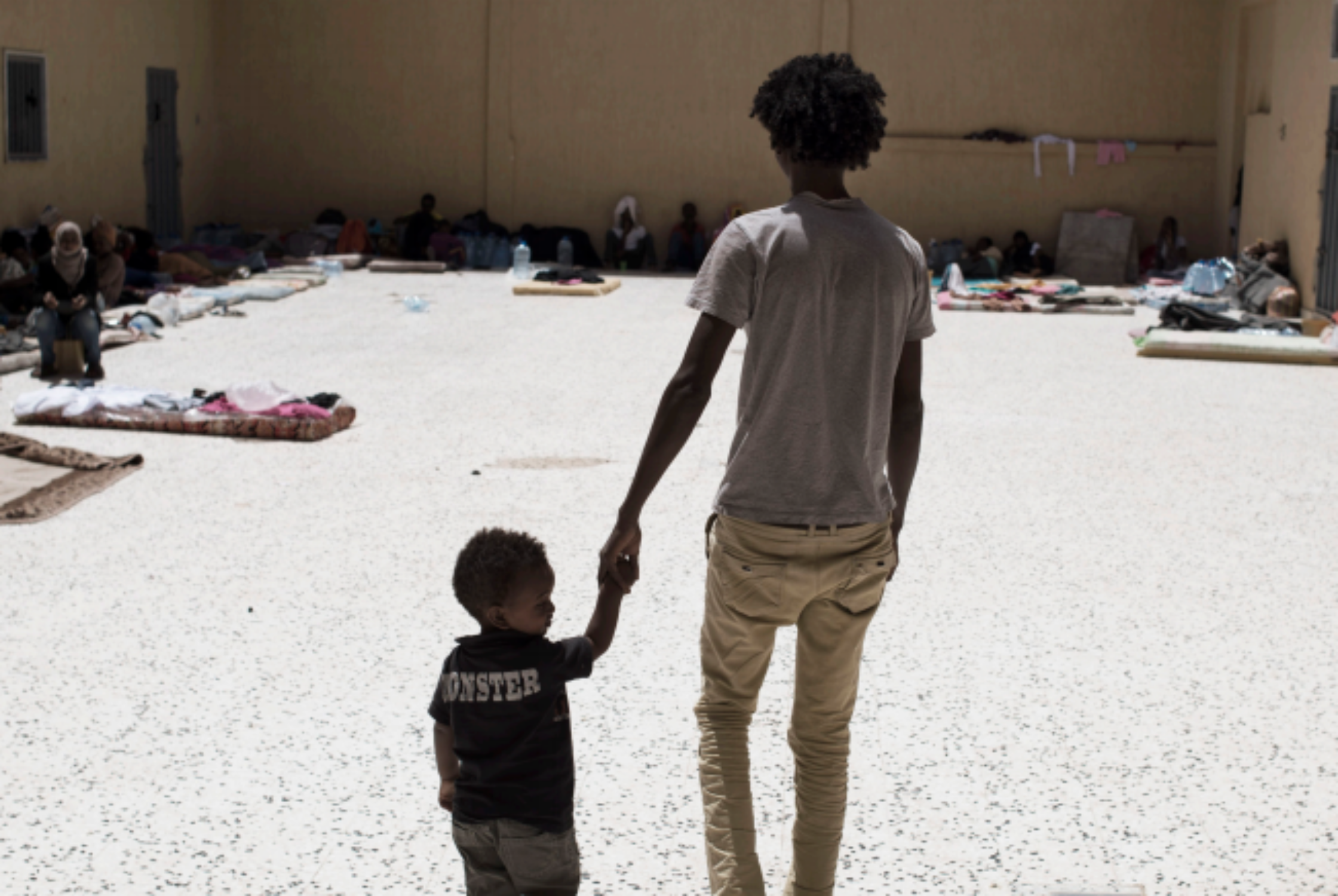Europe Failing in its Responsibilities toward Refugees and Migrants in Libya

The EU and European governments continue to fail in their responsibilities to refugees and migrants who face severe abuse in Libyan detention centers operated by the Government of National Accord (GNA). To date, European efforts have focused on stopping refugees and migrants from reaching Italy’s shores and enabling the Libyan coast guard to return them to Libya. Almost 20,000 people are held in detention centers run by the GNA’s Department for Combating Irregular Migration (DCIM). In March, Refugees International (RI) documented widespread abuse in these centers, including arbitrary detention, malnutrition, torture, unlawful killings, rape, and forced labor.
Since then, the situation in the centers has not improved – despite extensive European support for the Libyan coast guard and migration authorities. As the UN High Commissioner for Human Rights noted in a recent statement, “The increasing interventions of the EU and its member states have done nothing so far to reduce the level of abuses suffered by migrants.” Instead, according to the High Commissioner, his office’s monitoring “shows a fast deterioration of their situation in Libya.” EU leaders must take immediate action to guarantee that refugees and migrants returned to Libyan soil as a result of their actions are not subjected to abuse.
The EU should work with the UN Office of the High Commissioner for Human Rights to facilitate human rights monitoring and regular reporting on conditions in the DCIM detention centers.
The EU should urge the GNA to end the criminalization of irregular migration and the detention of refugees and migrants and to transfer all those who are detained to open facilities where they are free to enter and leave.
“So far this year, 16,000 people have been returned from Libya to their country of origin. ”
In November, the EU, the African Union (AU) and the United Nations agreed to set-up a joint task force to accelerate returns of people from Libya to their countries of origin and to resettle those in need of international protection to third countries. So far this year, 16,000 people have been returned from Libya to their country of origin. At the first meeting of the EU, AU, and United Nations task force in Brussels, participants announced their commitment to return an additional 15,000 people by February. These returns must be based on informed consent and should not put returnees at risk of further human rights abuses in their home countries. To this end, officials involved in voluntary returns must ensure:
People being offered the option to return home are also informed about their right to apply for international protection.
The return of migrants to their country of origin does not expose them to risks of torture or other ill-treatment, even if they are not in need of international protection.
In addition, EU and other governments, including the United States, should resettle refugees who are in Libya. These governments should also provide refugees and migrants who are in Libya with other safe and legal pathways such as work, student visas, or family reunification.
The Joint Task Force also announced that it will work with the Libyan authorities to overcome the system of systematic detention of refugees and migrants in Libya. RI urges the members of the task force to act upon this commitment as a matter of urgency.
Long-term efforts to stabilize Libya and address the root causes of migration do not absolve EU leaders of the responsibility to ensure that their support for the Libyan authorities does not result in human rights abuses against and refugees and migrants.